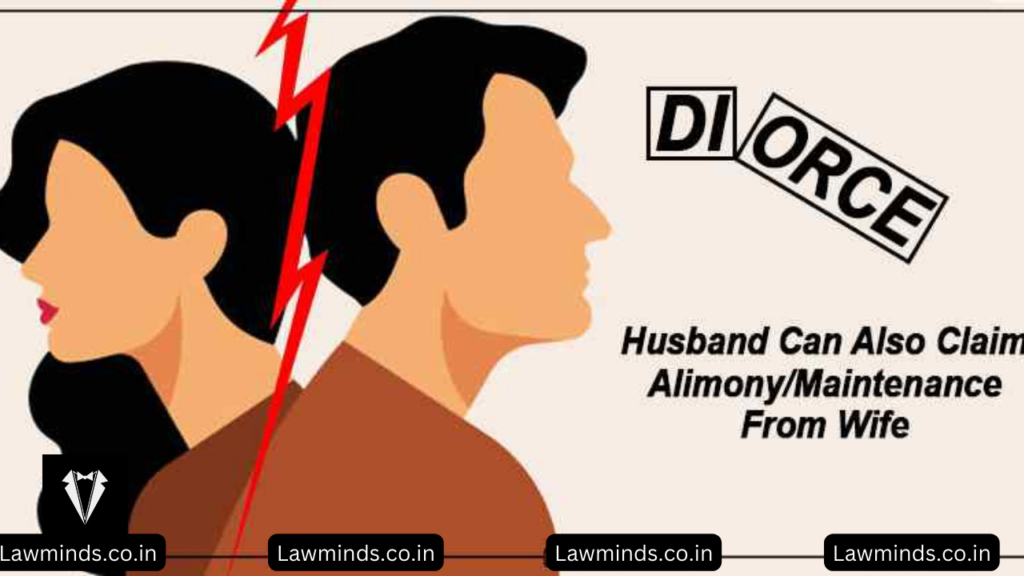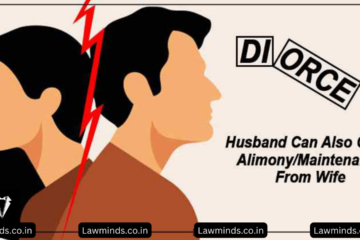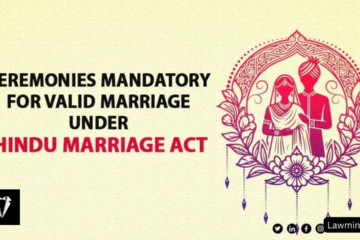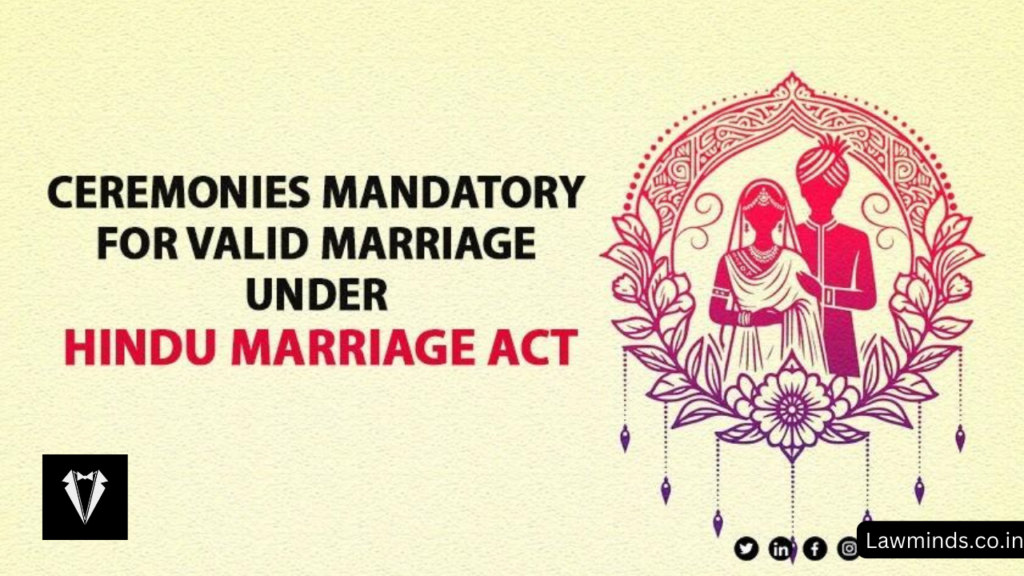
The recent verdict delivered by the Bombay High Court, in the case of Bhagyashri Jaiswal vs Jagdish Sajjanlal Jaiswal & Anr, delves into the intricacies of spousal maintenance and alimony, particularly in the aftermath of divorce. Presiding over the matter, Justice Bharati Dangre upheld the lower court’s rulings, emphasizing the importance of maintenance provisions in providing support to economically disadvantaged spouses. This judgment, while specific to the case at hand, offers valuable insights into the interpretation and application of relevant legal statutes governing matrimonial disputes.
At the crux of the court’s decision lies the recognition of maintenance and permanent alimony as essential safeguards for spouses grappling with financial hardships post-divorce. Justice Dangre underscored the equitable nature of these provisions, which aim to alleviate the economic vulnerabilities faced by individuals following the dissolution of marriage. By invoking Section 25 of the Hindu Marriage Act, the court reaffirmed the right of either spouse to seek financial support, irrespective of the marital status.
The case in question pertained to a matrimonial dispute between Bhagyashri Jaiswal and Jagdish Sajjanlal Jaiswal, who were married in 1992 and subsequently divorced in 2015. Following the divorce decree issued by the Nanded Court, Jagdish, the husband, filed a petition seeking permanent alimony from Bhagyashri, citing financial dependency and lack of income sources. Despite Bhagyashri’s contentions regarding Jagdish’s purported earnings from a grocery store and leasing out an auto-rickshaw, the lower court ordered her to pay interim maintenance to her ex-husband during the litigation phase.
Bhagyashri contested these orders in the Bombay High Court through a writ petition, arguing that the proceedings for permanent alimony under Section 25 were untenable post-divorce. Relying on the language of the statute, which references “husband or the wife,” she contended that maintenance applications could not be entertained once the marriage had been dissolved. However, the court rejected this argument, emphasizing the broader interpretative scope of Section 25, which extends to spousal support even after divorce.
The High Court’s decision to uphold the husband’s plea for interim maintenance underscores the principle of equity enshrined in matrimonial law. By examining the language and intent of Section 25, the court elucidated that maintenance provisions are not contingent upon the ongoing relationship between the parties but rather aim to address the financial needs of vulnerable spouses. This interpretation aligns with the overarching objective of matrimonial legislation, which seeks to provide a safety net for individuals navigating the complexities of divorce and separation.
Crucially, the court emphasized the temporal flexibility embedded in Section 25, which enables courts to consider maintenance applications both during and after the divorce proceedings. The term “at any time subsequent thereto” was construed liberally to encompass a wide range of scenarios wherein spousal support may be warranted, irrespective of the dissolution of marriage. This approach ensures that individuals facing economic hardship post-divorce are not left without recourse, thereby promoting fairness and social justice within the legal framework.
In dismissing Bhagyashri’s writ petition, the court underscored the validity of the lower court’s orders and affirmed the husband’s entitlement to interim maintenance pending the final adjudication of the permanent alimony petition. This ruling underscores the judiciary’s commitment to upholding the principles of equity and justice in matrimonial disputes, particularly in matters pertaining to financial support and maintenance.
Advocate SS Thombre represented the petitioner, Bhagyashri, while advocate Rajesh Mewana appeared on behalf of the respondent, Jagdish. The case, titled Bhagyashri Jaiswal vs Jagdish Sajjanlal Jaiswal & Anr, serves as a pertinent illustration of the nuanced legal considerations surrounding spousal maintenance and alimony in the Indian context, highlighting the imperative of equitable relief for economically disadvantaged spouses post-divorce.



